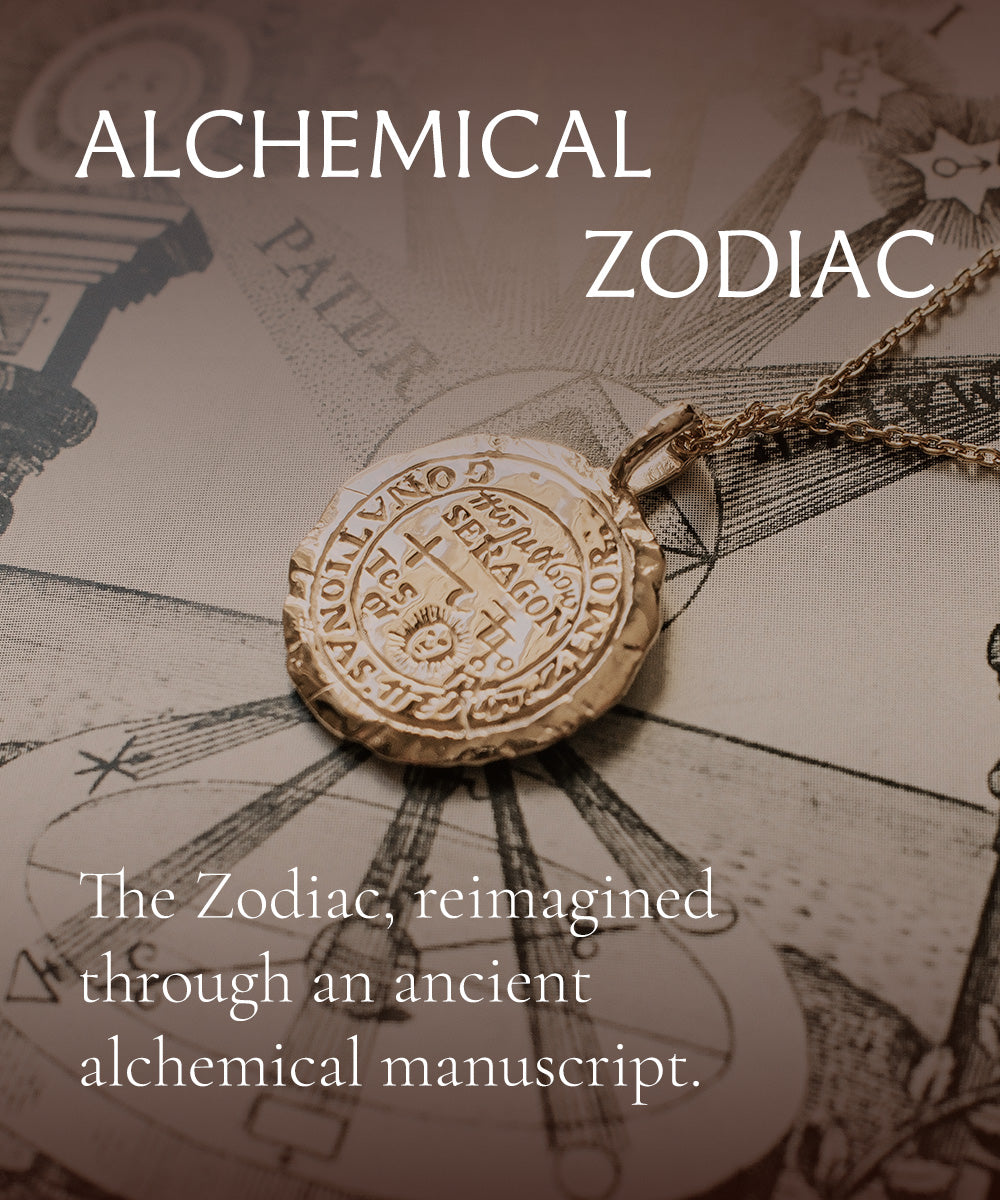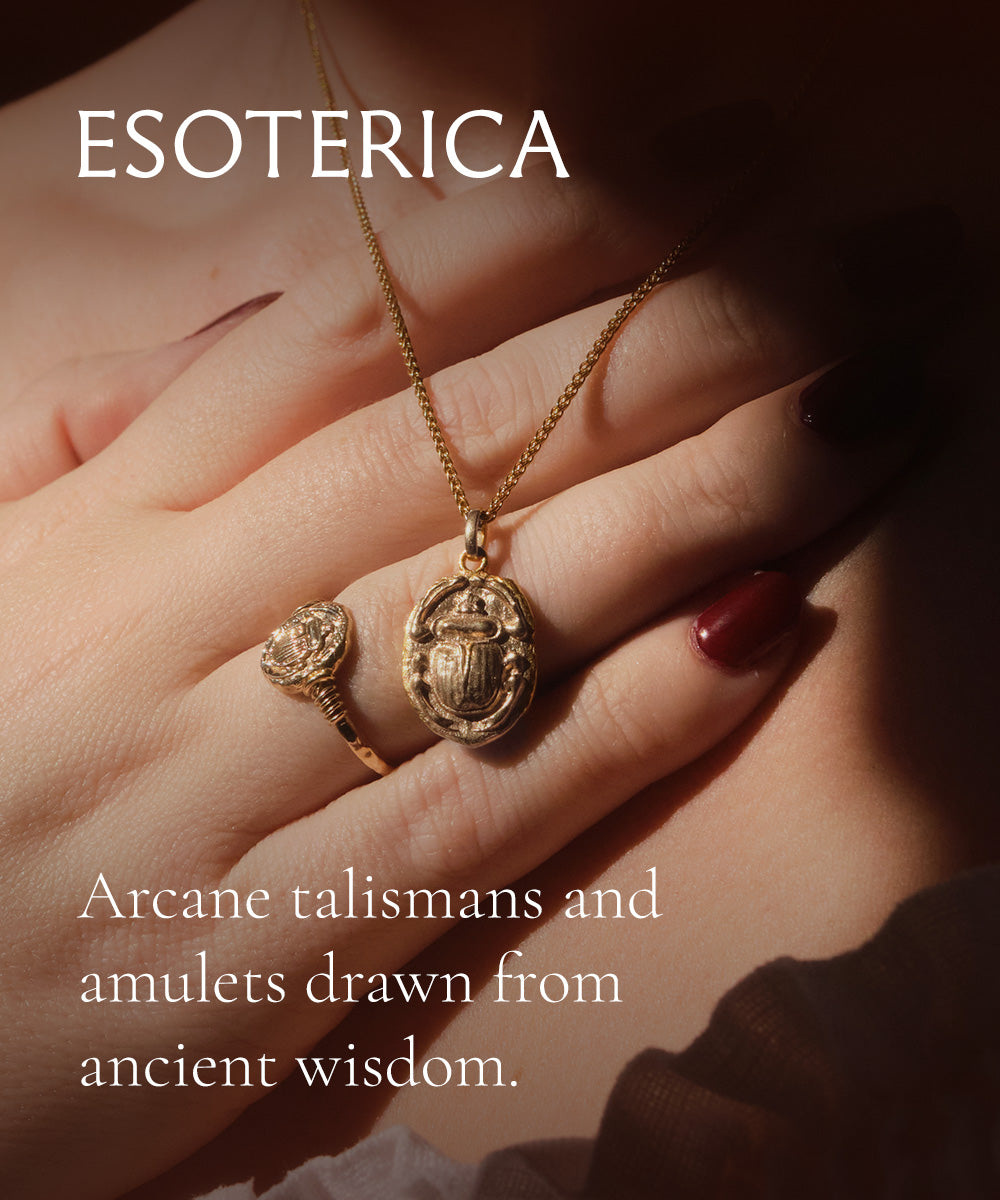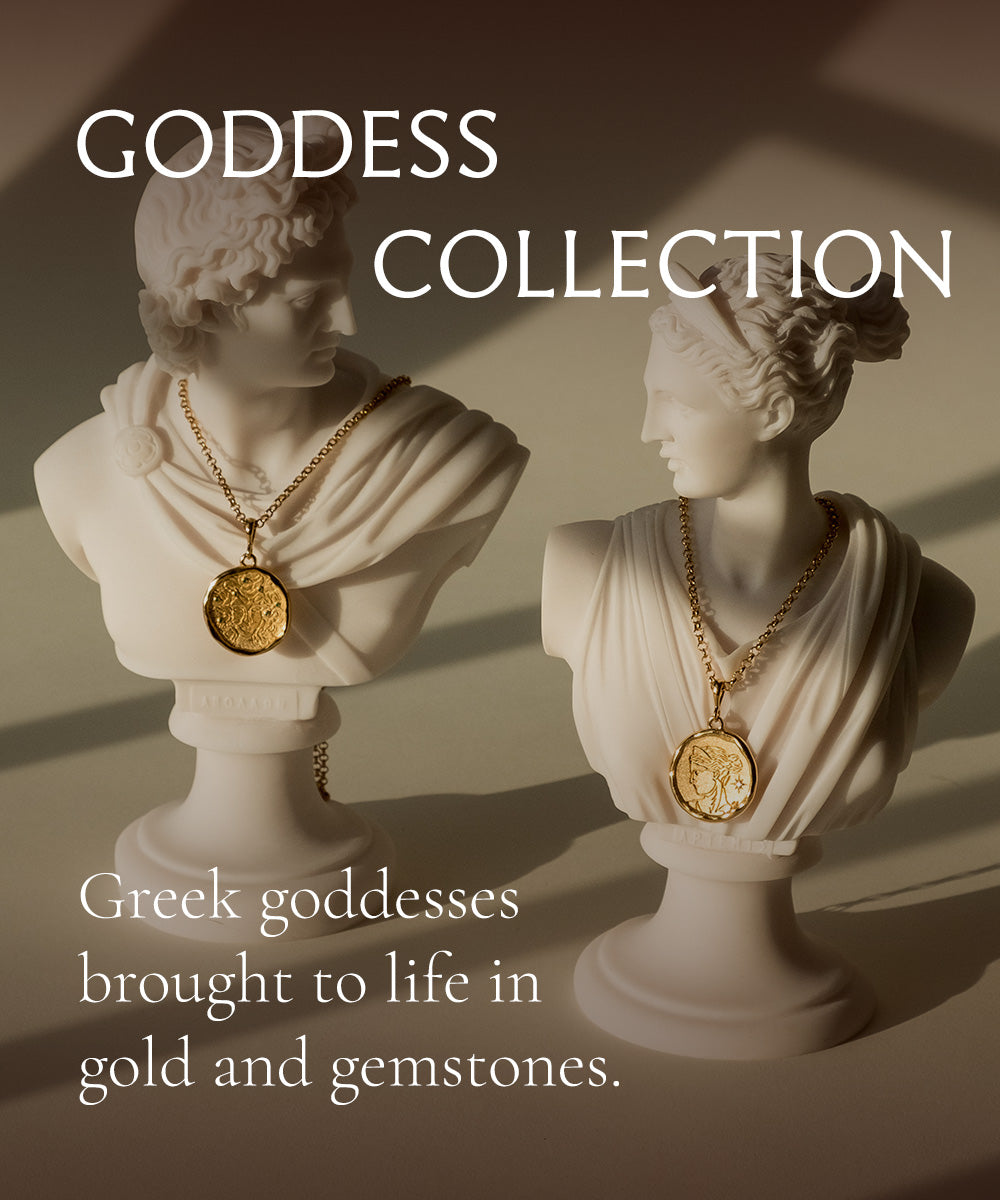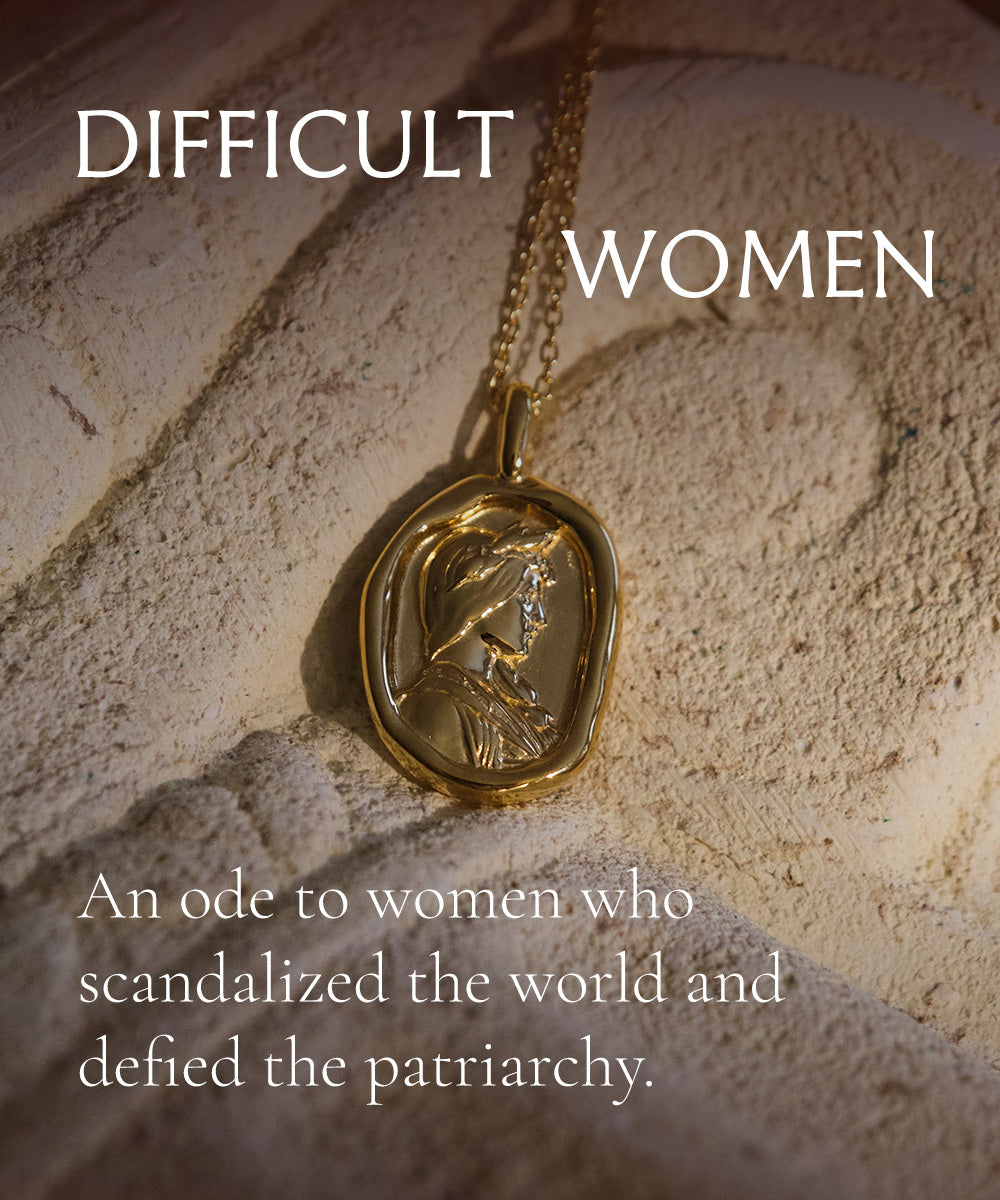The honey bees are back out, buzzing their happy little working tune wherever they go. And why not? They are beloved by all the gods, and they usher in the sweetest scent of summer.
You’ll find bees just about everywhere in ancient Greece if you look around enough. Raw sugar simply did not exist in the area at the time, so honey was the sweetest taste a person could find. The human appreciation for bees is splashed across their mythology, jewelry, architecture, even coinage.
When Zeus was newborn and nursed by nymphs, the goddess Melissa (whose name means honeybee) fed the infant god honey as he grew. He took on the title Melissaios, literally “bee man,” when he became king of gods. Grateful for their nurturing honey, Zeus made bees strong enough to withstand weather, and as a mark of his favor, he made them gold in color. Dionysus was also associated with bees, having been nurtured on honey just as Zeus was, and is credited with the invention of mead and honey wine (a favorite of Minoan society).
The Nine Muses, too, had a penchant for bees, which were sometimes called “the birds of the Muses.” They bestowed their gift of eloquence by placing sacred honey on the lips of mortals, and poets, musicians and orators such as Sappho, Pindar and Sophocles were praised as recipients of the gift.
Ephesus, the city whose patron saint is Artemis, used coins with bees printed on them. It is said the first inhabitants were led to the site where the city was built by the Muses, who had taken the form of bees. The followers of Artemis who lived there were called Melissai – simply, “bees.” Gold ornaments excavated from Ephesus, thought to be attached once to images of Artemis, were found to be in the shape of bees.
The sprightly little winged creatures have also been associated with the underworld. Persephone is often referred to as Melitodes, or “honeyed one,” and bees are said to know all the secret entrances to the underworld. An offering of honey or honey cakes is almost always readily accepted – there is not a soul, living or otherwise, that doesn’t appreciate the humble bee.









